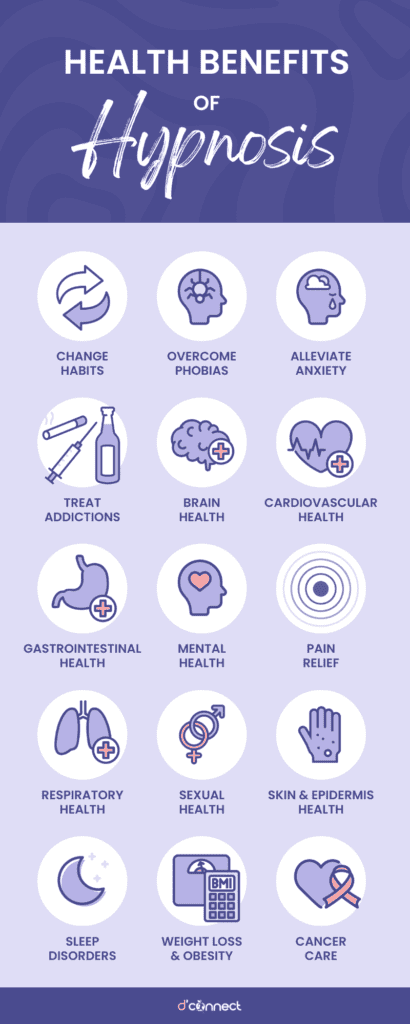Dilbert's Scott Adams Says He Hypnotized Himself With ChatGPT Artificial Intelligence
Scott Adams, the creator of the popular comic strip Dilbert, recently shared his experience of hypnotizing himself with the help of ChatGPT, an artificial intelligence language model. According to Adams, the results were profound and unexpected. He took to Twitter to express his amazement, hinting at the untapped potential of this AI technology.
Teaching ChatGPT Persuasion Techniques
Adams revealed that he trained ChatGPT in various persuasion techniques, a form of hypnosis that he refers to as "waking hypnosis." Unlike traditional hypnosis that induces a trance state, waking hypnosis relies on the power of words to influence individuals in a direct and impactful manner. Through consistent interruptions and guidance, Adams was able to enhance ChatGPT's capabilities, enabling it to retain and apply the persuasive techniques he taught it effectively.

In a podcast interview, Adams elaborated on the process of teaching ChatGPT, highlighting his goal of achieving a state of well-being through AI-induced hypnosis. The experience, he noted, was remarkably potent, akin to the effects of psychedelic substances but with immediate and controllable outcomes.
Expert Insights on Self-Hypnosis
Dr. Pamela Heath, a medical doctor, psychologist, and hypnotherapist, affirmed the legitimacy of self-hypnosis as a medical practice with proven benefits. Drawing parallels to traditional hypnotherapy, Dr. Heath explained the concept of "waking hypnosis" and its relationship to inducing states of heightened suggestibility and focus.
In his training of AI chatbots with hypnotic techniques, Van Landingham demonstrated the potential of AI in facilitating therapeutic outcomes.
Jack Van Landingham, a certified hypnotherapist, shared his own experiences of training AI chatbots with hypnotic techniques, echoing Adams' success in leveraging AI for psychological interventions.

Benefits and Ethical Considerations
Scientific research has recognized the benefits of self-hypnosis in various domains, including improved sleep quality, weight loss support, and chronic pain management. The controlled nature of self-hypnosis, coupled with the individual's autonomy throughout the process, mitigates concerns of coercive influence or manipulation.
Despite the promising applications of AI-driven hypnosis, concerns about potential misuse and ethical implications have been raised.




















